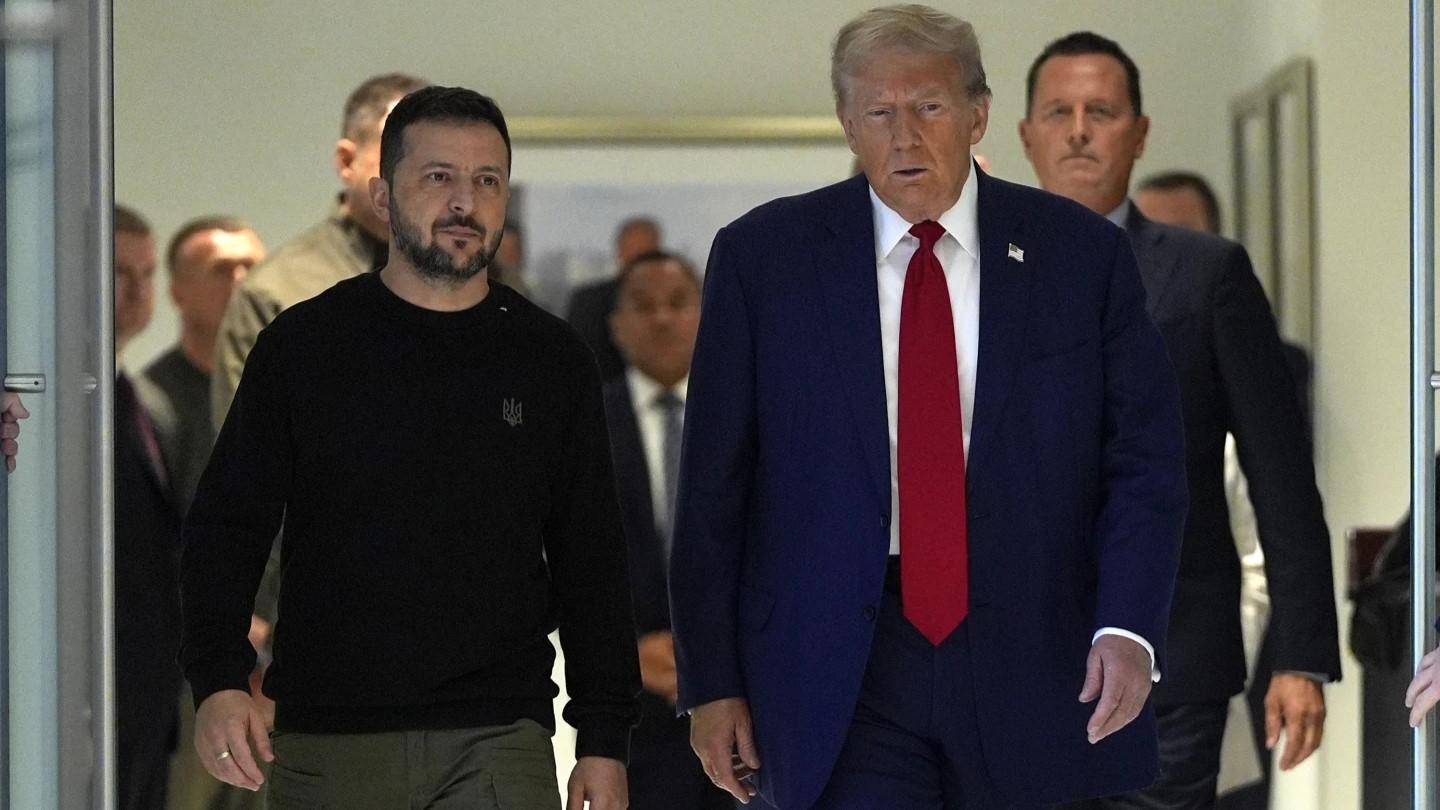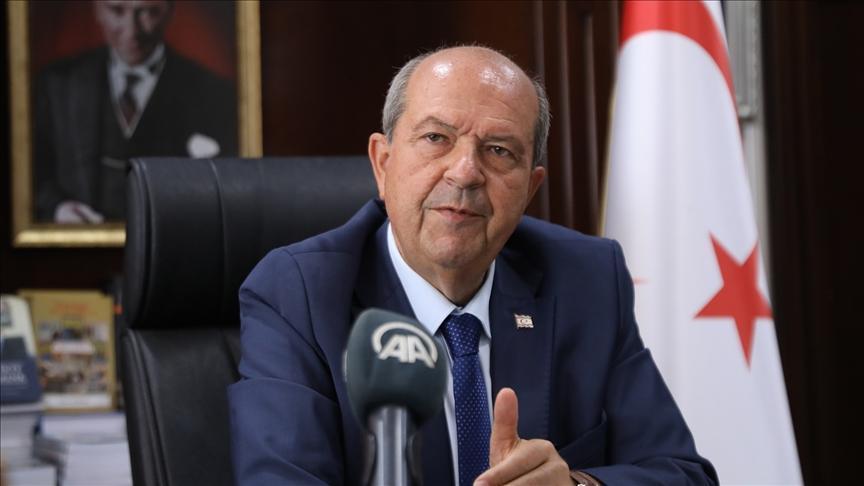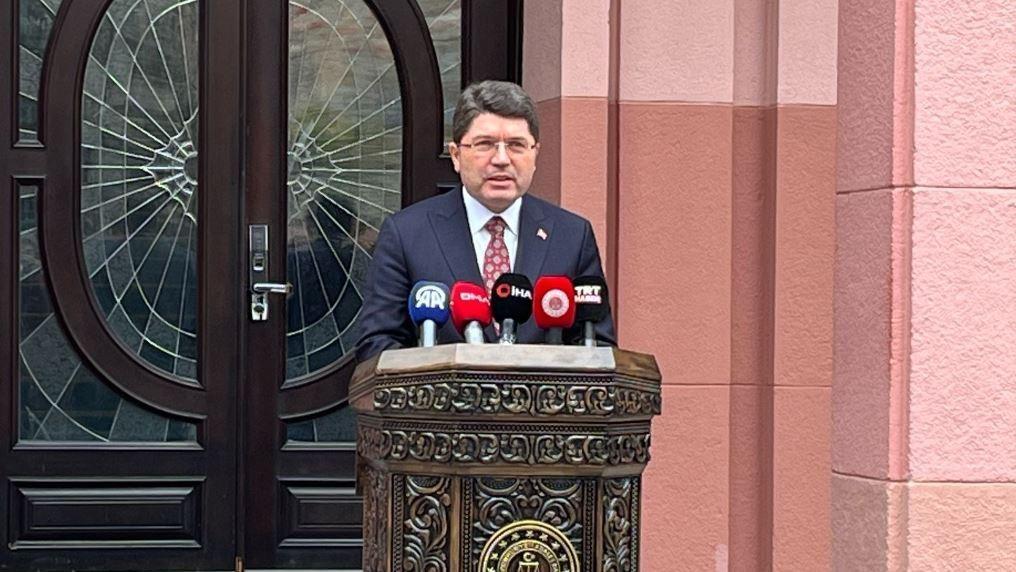Chinese Nobel rights activist Liu Xiaobo’s cancer ‘beyond surgery’
BEIJING
 Nobel Peace Prize-winning activist Liu Xiaobo’s liver cancer can not be treated with surgery, chemotherapy or radiotherapy, Liu’s wife said, as questions increased among his supporters over his treatment by the Chinese authorities.
Nobel Peace Prize-winning activist Liu Xiaobo’s liver cancer can not be treated with surgery, chemotherapy or radiotherapy, Liu’s wife said, as questions increased among his supporters over his treatment by the Chinese authorities.Liu, 61, was jailed for 11 years in 2009 for “inciting subversion of state power” after he helped write a petition known as “Charter 08” calling for sweeping political reforms.
In December 2010, Liu was awarded the Nobel Peace Prize for his activism in promoting human rights in China, which responded by freezing diplomatic ties with Norway. They normalized ties in December last year.
Liu is being treated in a hospital in the northern city of Shenyang for late-stage liver cancer, having been granted medical parole, his lawyer told Reuters on Monday.
A video of Liu’s wife, Liu Xia, who has been under effective house arrest since her husband won the Nobel Peace Prize, crying and talking about her husband’s condition was shared online late on Monday.
“[They] cannot perform surgery, cannot perform radiotherapy, cannot perform chemotherapy,” Liu Xia said in the video. She did not elaborate. It was not clear when the video was filmed.
A source close to the family confirmed the authenticity of the video and said Liu was being treated using targeted therapy.
Liu and his wife wanted to return to Beijing for treatment but the authorities rejected their request, the source said.
The prison bureau of Liaoning province said on June 26 that Liu was being treated by eight “well-known tumor experts,” but Western politicians and rights activists have voiced concern about the quality of treatment.
The United States called for his release.
“We call on the Chinese authorities to not only release Mr. Liu, but also to allow his wife, Ms Liu Xia, out of house arrest,” said Mary Beth Polley, a spokeswoman for the U.S. Embassy in Beijing, said.
China rejected on June 27 criticism over the treatment after the United States urged Beijing to give the paroled activist freedom to move and choose his own doctors.
















